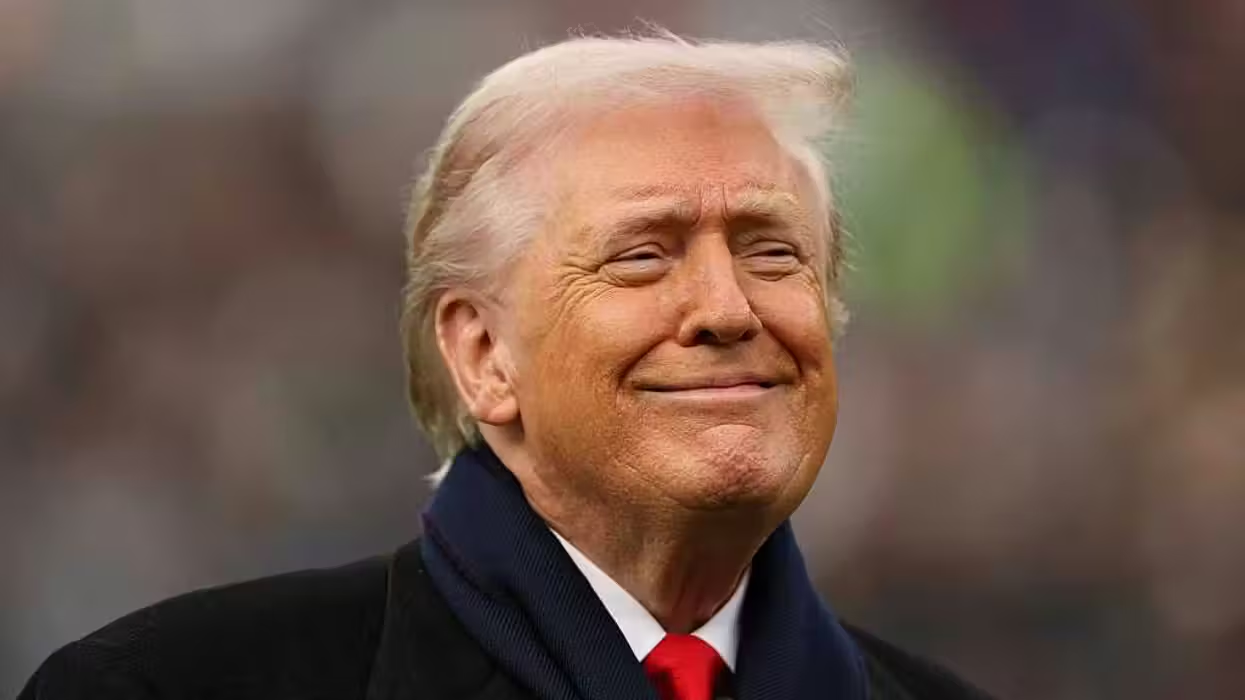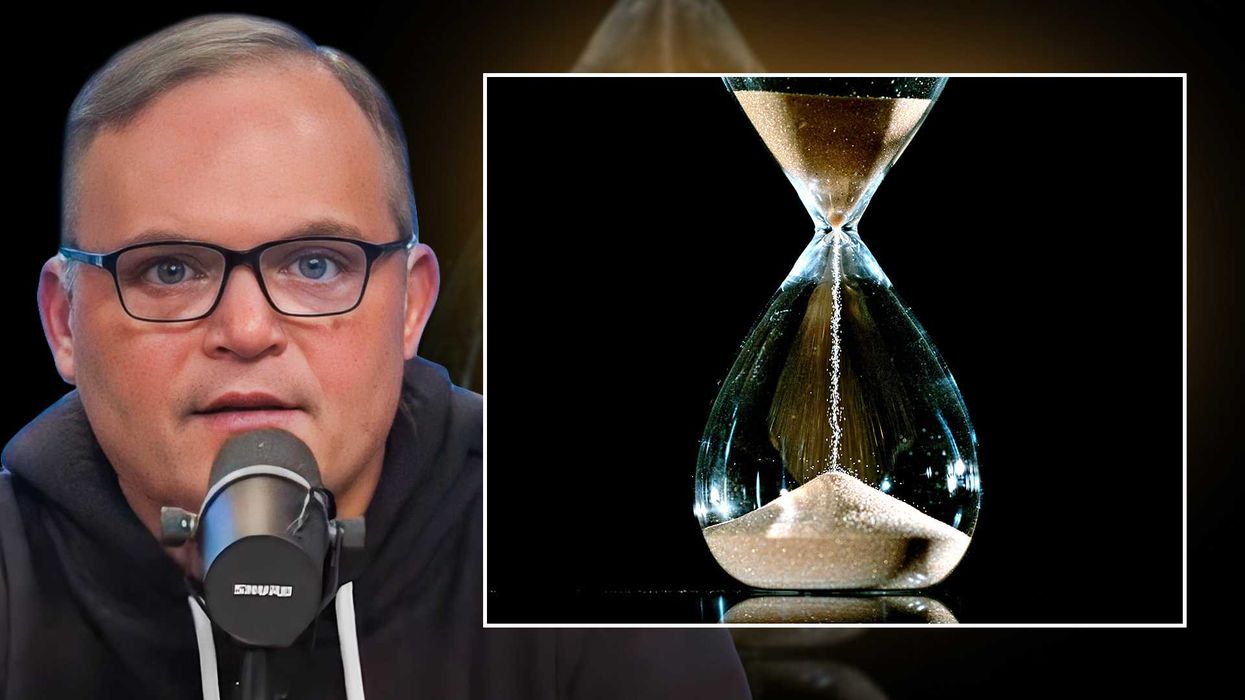
© 2026 Blaze Media LLC. All rights reserved.
What's All This Talk About a $1 Trillion-Dollar Platinum Coin? We Explain
January 07, 2013
Noting that it’s a “gimmick,” economist Paul Krugman writes that "since the debt ceiling itself is crazy ... there's a pretty good case for using whatever gimmicks come to hand."
Bloomberg’s Josh Barro and Business Insider’s Joe Wiesenthal support the “gimmick,” arguing that it is “less ridiculous than [a] default” and that, when compared to the other options available, it would be “less economically damaging.”
 Wiesenthal & Barro (courtesy attaincapital.com)
Wiesenthal & Barro (courtesy attaincapital.com)
Meanwhile, on the opposite side of the issue, Rep. Greg Walden (R-Ore.) says he will introduce a bill to block the “gimmick."
CNBC.com’s senior editor John Carney questions its constitutionality.
So what is it?
"Anybody got an eBook on alchemy?" UBS Financial Services Director of Floor Operations Art Cashin jokes.
Whether they’re “for” it or against it, they are all talking about the same thing: A legal loophole (31 USC § 5112) that would allow the U.S. Treasury to mint a $1 trillion-dollar platinum coin to be deposited into the Federal Reserve as payment toward the national debt. This is a actual option and it’s being considered as an alternative to another fight over raising the debt ceiling.
“The Treasury secretary has the authority to mint platinum coins in the denomination of his choosing,” Reuters explains, adding that creating "the cash would ... completely override the independence of monetary policy."
Although it sounds too bizarre to be true, it’s something that could actually be done. And it is gaining some support.
The "out of the ordinary" idea could actually work, Rep. Jerrold Nadler (D-N.Y.) said in an interview with Capital New York. "I'm being absolutely serious," he said. "It sounds silly, but it's absolutely legal."
While there are limits on the amount of coinage and paper Treasury can legally issue (the Federal Reserve controls the money supply), lawmakers never put a set limit on the issuance of platinum. Therefore, Treasury Secretary Timothy Geithner could issue $1 trillion-dollar coin if he wanted to. It's either that or risk defaulting on our debt because Republicans refuse to raise the debt ceiling, supporters of the coin argue.
"It's just a disguised new form of debt," former Congressional Budget Office director Douglas Holtz-Eakin told FoxNews.com. "This would say (to the markets) they cannot manage their finances as a nation, they're down to gimmicky coins."
"It would have all the implications of near-default," he added.
But it appears that his words may have fallen on deaf ears (9,936 to be exact) as at least 4,968 people have signed a White House petition asking that U.S. lawmakers consider the $1 trillion coin option.
“With the creation and Treasury deposit of a new platinum coin with a value of $1 trillion US Dollars, we would avert the absurd-yet-imminent debt ceiling faceoff in Congress in two quick and simple steps!” the petition reads.
“While this may seem like an unnecessarily extreme measure, it is no more absurd than playing political football with the US -- and global -- economy at stake,” it adds.
Again, just to be absolutely clear, the platinum coin trick is a legitimate option on the table right now.
"Only those who have no clue about the money creation process in a fractional reserve economy could be vacuous enough to suggest that an idiotic 'fix' such as this has any hope of working," writers at Zero Hedge fume.
"All the proposal does, in effect, is suggest a devaluation of the currency relative to an absolute precious metal asset, which in itself is nothing new, and most recently was conducted, with great "success" by FDR in the 1930s," they add.
Exit Question -- Which seems more likely: Republicans agreeing to an increase in the debt ceiling or Treasury depositing a $1 trillion-dollar platinum coin in the Federal Reserve?
Follow Becket Adams (@BecketAdams) on Twitter
Featured image courtesy Getty Images.
Want to leave a tip?
We answer to you. Help keep our content free of advertisers and big tech censorship by leaving a tip today.
Want to join the conversation?
Already a subscriber?
more stories
Sign up for the Blaze newsletter
By signing up, you agree to our Privacy Policy and Terms of Use, and agree to receive content that may sometimes include advertisements. You may opt out at any time.
Related Content
© 2026 Blaze Media LLC. All rights reserved.
Get the stories that matter most delivered directly to your inbox.
By signing up, you agree to our Privacy Policy and Terms of Use, and agree to receive content that may sometimes include advertisements. You may opt out at any time.






